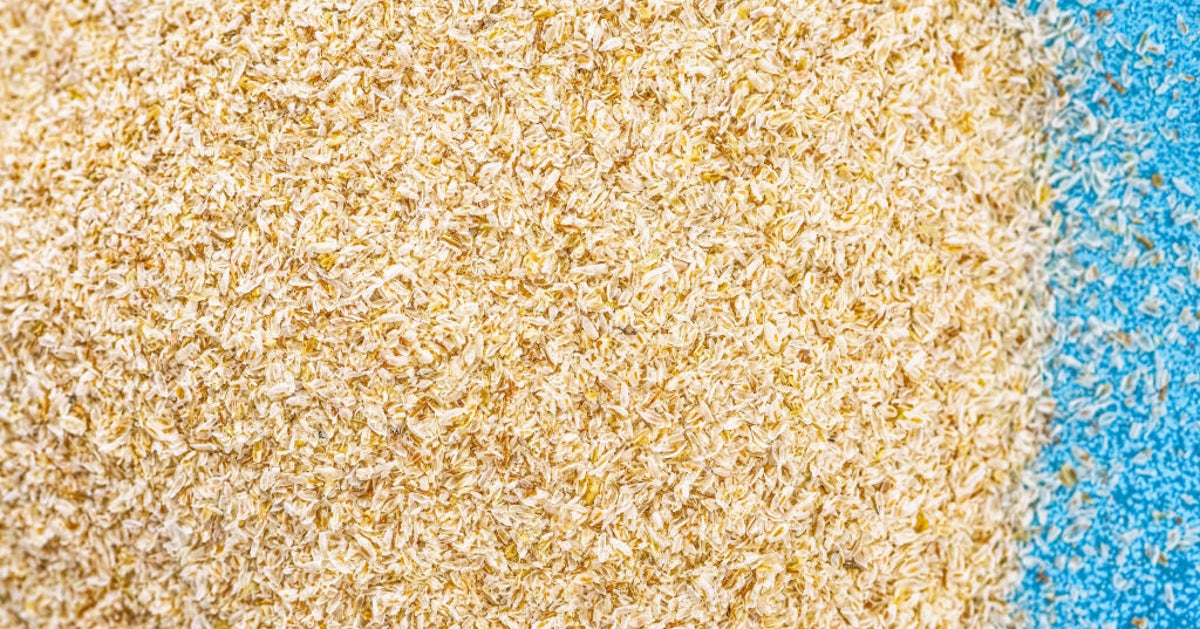GI surgeon Dr Karan Rajan seems pretty fond of psyllium husk.
In a video posted last year, he extolled the virtues of the cheap, soluble fibre-rich supplement, explaining it can help to cure both constipation and diarrhoea.
It is also, he added, pointing to this 2021 review of studies, “useful in some types of IBS.”
But the surgeon never claimed, as others have, that the beneficial addition is “nature’s Ozempic.”
On social media, doctors like Dr Enaka Yembe claim that psyllium husk is a “poor man’s” alternative to GLP-1RI injections, or weight loss jabs like Ozempic or Mounjaro.
But Dr Duane Mellor, spokesperson for the British Dietetic Association, said: “There’s no magic secret to the effects of psyllium husk – and most high fibre foods, like pulses and oats, will have a similar appetite curbing impact.”
So, we asked doctors what’s really going on.
There is some merit to the argument, but doctors don’t think it stacks up
Dr Brynna Connor, a family doctor and healthcare ambassador at North West Pharmacy, said that psyllium husk really can support weight loss.
“Psyllium husk is a soluble fibre that absorbs water after consumption, which turns it into a gel-like substance that expands in the stomach,” she told HuffPost UK.
“This gel takes more time for your body to break down, which prolongs the feeling of fullness,” – which is the effect that weight loss injections aim to achieve, but through mimicking the GLP-1 hormone, instead.
Registered dietitian Avery Zenker added that, “Eating fibre can support the body’s own GLP-1 response,” though she adds, “it’s important to understand that this effect is much more modest and variable than what’s seen with GLP-1 medications like Ozempic.”
So, Dr Connor pointed out, “calling it ‘nature’s Ozempic’ is misleading, as psyllium husk and Ozempic are two very different substances that function differently in the body.”
Additionally, she shared, “There haven’t been any head-to-head studies comparing the effects of psyllium husk and Ozempic on weight loss (however, the individual studies of psyllium husk and Ozempic show that Ozempic leads to greater weight loss).”
Does this mean psyllium husk isn’t helpful?
Not at all. Zenker says that, “Psyllium husk and oats are great sources of soluble fibre, which slows digestion, helps stabilise blood sugar, and can support a feeling of fullness.”
It can also boost your microbiome, she stated.
Fibre is key to good heart, brain, and gut health, and even a reduced risk of bowel cancer. 90% of us do not eat the NHS-recommended 30g of fibre daily; the supplement may help you reach that goal.
Still, while psyllium husk is a welcome addition to many peoples’ diets (though you should consult your GP if you have a history of Crohn’s or intestinal blockages), no, it is not “nature’s Ozempic.”
Help and support:
